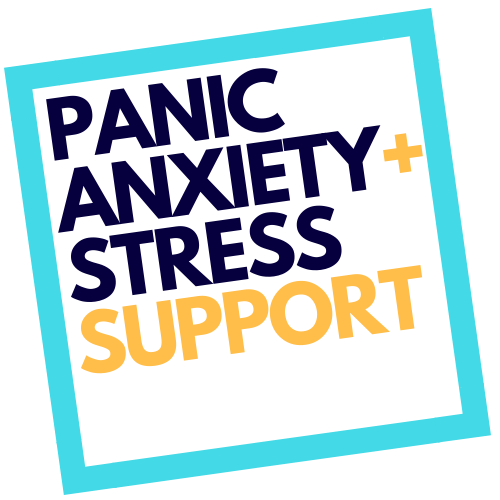Don’t Care? Here’s Why You Should.
Erik Van Ees, Psychology & Business Student at the University of Waterloo
*All stats are Canadian based*
Picture someone with a backpack full of weights while they’re climbing a mountain. The quicker they take the bag of weights off the easier it is for them to climb; duh, right? If they don’t take the bag off, they’re going to get tired much quicker and they won’t get as high as they could have without the bag of weights. This is analogous with mental health, the bag of weights is all the mental baggage (including but not limited to depression, anxiety, eating disorder, substance abuse) you carry around that people criticize you for having, yet won't help you to take it off. Actually, 67% of Canadians who have a mental illness don’t seek help; they won’t take the bag off. This hinders how much they can climb, how much better they could be, how much happier they could be, how much more they could do, if they didn’t suffer on their own but rather seek help.
According to the General Mental Health Commission of Canada (CAMH), Canada’s number one company for studies in mental health, 20% of Canadians will personally experience a mental illness in their lifetime. Five people around you right now? One of them will develop a mental illness. It’s difficult to believe but it’s not wrong. Although people may look physically and mentally fit now, it doesn’t mean they aren’t suffering from the effects of their mental illness. Moreover, mental health rarely makes itself visible; most people can’t even tell when one of their loved ones is suffering from a mental illness, let alone a colleague, friend or student. I don’t mean to scare anyone, but mental health is a serious issue and it is important to understand its realities and implications. What if you had a rib that was broken that you couldn’t talk about or seek help for? That seems ridiculous, but it’s happening.
The fact that 1 out of 5 people will develop a mental illness is hard to believe, but I want to go into more detail about the issue. Let’s give you some context. First, most people don’t seek any help with their mental health. According to a study by the Canadian Medical Association, 2 out of 3 people suffer in silence and “deal with it” on their own because of the stigma, discrimination and the lack of understanding of what mental health is. This presents a serious barrier for diagnosing and treating illnesses. Many people go through their entire lives never talking about it. Remember that analogy about climbing the mountain? Some people have been carrying these bag or weights for 20 years and because of it, they’ve never reached their full potential. This isn’t just my opinion, 70% of mental illness start in adolescence, 15-25% of youth in school have at least one mental health issue and many of them will live with it for the rest of their lives (67% of people suffer in silence) despite the fact that 70% of these cases can be easily solved through basic support and intervention.
How’s that for facts? Still don’t think it’s a problem yet?

